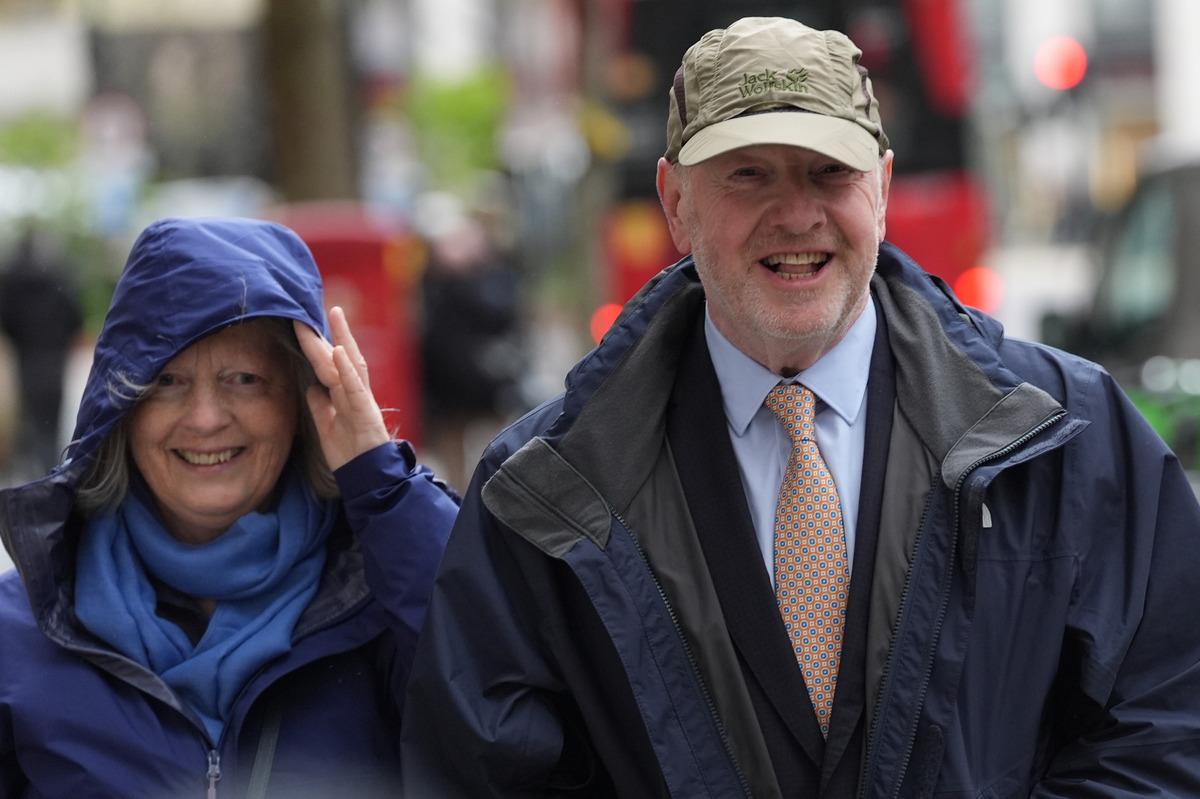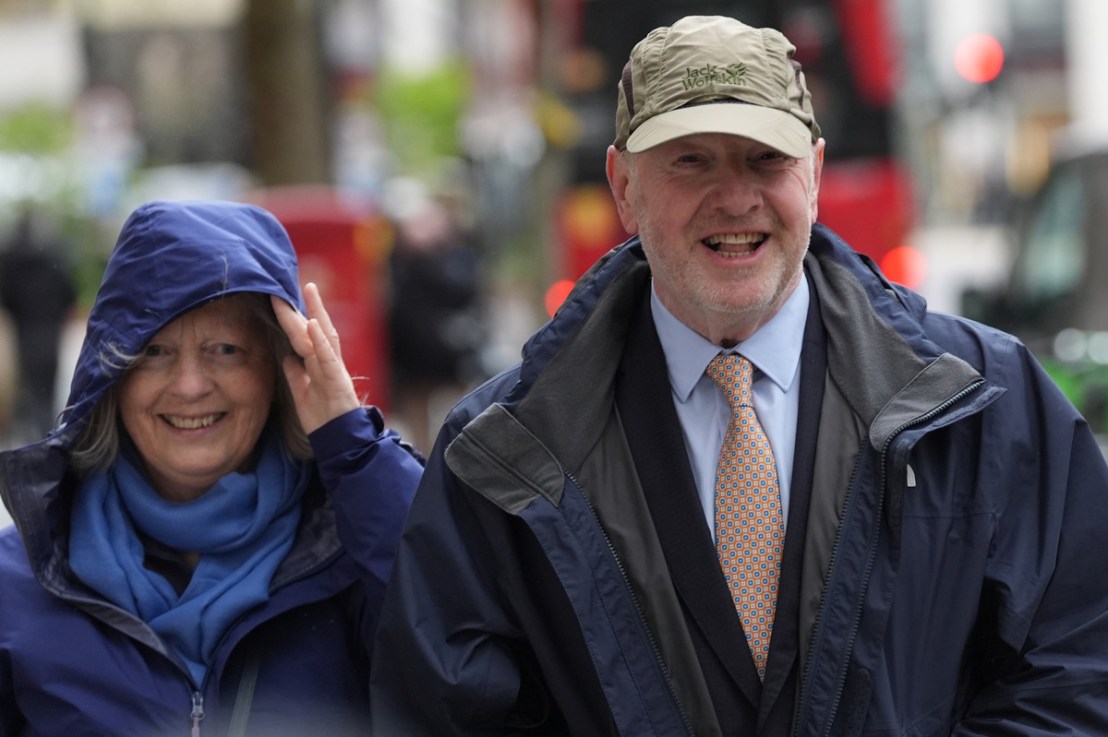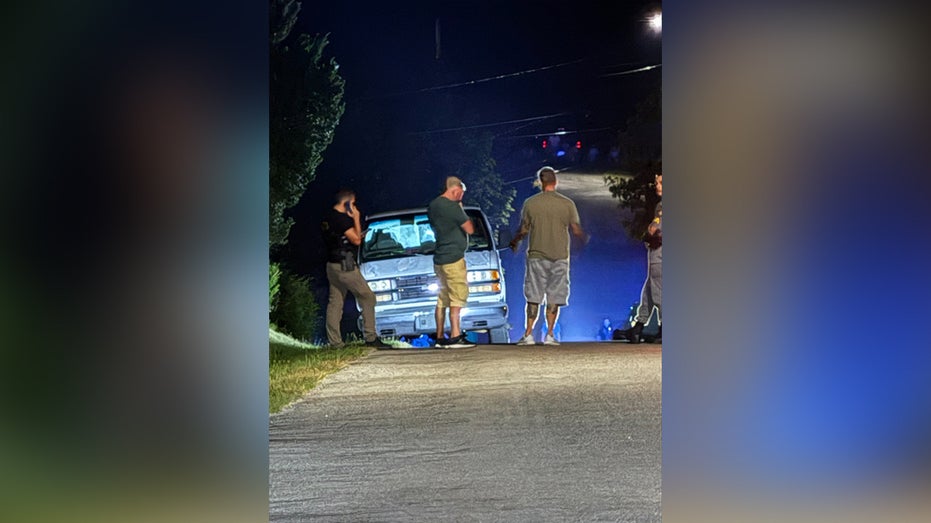Post Office scandal: 73,000 documents handed to inquiry in ‘disruptive’ disclosure – as Alan Bates gives evidence
The Post Office has disclosed more than 73,000 documents to the inquiry into the Horizon IT scandal in a “highly disruptive” disclosure, the inquiry heard.


The Post Office has disclosed more than 73,000 documents to the inquiry looking into the Horizon IT scandal in a “highly disruptive” disclosure, the inquiry heard.
Lead campaigner and former sub-postmaster Alan Bates, who was portrayed by Toby Jones in the recent ITV drama Mr Bates vs The Post Office, is giving evidence at the inquiry in London today.
But before Bates could take the stand as the Post Office IT Inquiry resumed work after Easter, the lead inquiry counsel informed the chairman, Sir Wyn Williams, that since the previous phase ended in February, the Post Office had disclosed 73,720 documents.
The documents could relate to the next phases of the inquiry he said, and described the unexpected disclosure as “sub-optimal” and “highly disruptive” failings.
Jason Beer KC said: “We’re committed to doing all that we can to ensure that the hearings can go ahead as planned and, subject to your views, that’s what we intend to do – to continue with the hearings.
“The alternative – further delay, to allow the Post Office to get its disclosure house in order – is not one which is acceptable.”
Giving evidence, Bates, who founded the Justice for Subpostmasters Alliance, and led a group of 555 subpostmasters who took the Post Office to the High Court over the scandal, told the inquiry his search for justice and redress was “something you couldn’t put down”.
Glitches in the Horizon IT system supplied by Fujitsu and used by the Post Office meant money looked as if it was missing from many branch accounts, when in fact it was not.
The scandal, which was ongoing from 1999 until 2015, is one of the biggest miscarriages of justice in UK legal history. Over 100 victims had convictions quashed by the Court of Appeal.
Bates said: “I think when Horizon came in… I was quite positive about it, because I knew what technology and these sorts of systems could do.
“But I found it a bit frustrating once the system was installed and we were operating, I found there were many shortcomings in the system.”
On his campaign, he added: “As you got to meet people and realised it wasn’t just yourself, and saw the harm and justice that had been descended upon them, it was something you felt you had to deal with. It’s something you couldn’t put down.”
The inquiry continues.



